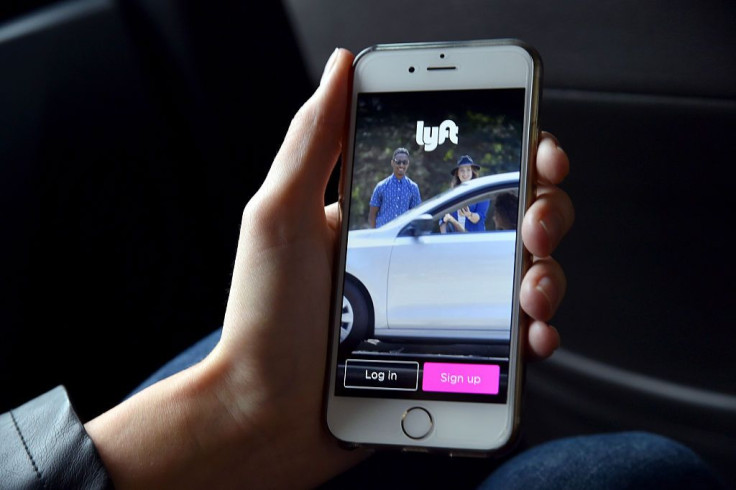Are Lyft And Uber Flirting With Illegal Price Fixing?

"Price fixing is an agreement (written, verbal, or inferred from conduct) among competitors that raises, lowers, or stabilizes prices or competitive terms," according to the Federal Trade Commission's definition of the illegal business practice. "Generally, the antitrust laws require that each company establish prices and other terms on its own, without agreeing with a competitor."
While the nuances of antitrust law are beyond the scope of this article, I noted last month that "there's a fine line between all companies in a sector recognizing the error of their ways and adjusting fares accordingly, and price fixing, which is an illegal form of market collusion." As the ridesharing market continues to rationalize (i.e., raise prices to sustainable levels), Uber (NYSE:UBER) and Lyft (NASDAQ:LYFT) are seeing how close they can get to that line.
Saying the quiet part loud
At the Credit Suisse tech conference earlier this month, Lyft CEO Logan Green sat down with analyst Stephen Ju to chat about a wide range of topics around the ridesharing industry. Discussing Lyft's path to profitability, Green expectedly broached the issue of market rationalization. Green's conclusion includes some language that regulators could potentially find questionable (emphasis added):
There's also been sort of general rationality of the market. So we took a little bit of risk for the first time and led the market in two small, modest pricing increases over the last couple of quarters. I think that's been very healthy for the market. We've seen that matched by the competition. On the other side, we sort of attempted to do the same thing in terms of couponing and lead in creating a more rational market. We have not seen that matched.
So we're going to change our stance, and we'll sort of revert to a match and follow position. So I think in terms of some of the future sales and marketing leverage, it's really dependent now on what the competition does. But I think broadly speaking, there's no reason we shouldn't see the sort of continued march to rationality in the market.
The U.S. ridesharing industry is a duopoly between Uber and Lyft, and Green's statement makes it clear that the two companies play off each other. In some cases, one company will raise prices and the other will follow. In others, one company will raise prices and if the other does not follow, prices may revert back to lower levels.
Notably, the FTC's definition includes an agreement that is "inferred from conduct," so Uber and Lyft don't necessarily have to be having secret meetings in dark rooms to run afoul of its rules. The regulatory agency also points out that price fixing can come in many forms, including promotions and discounts. Uber and Lyft notoriously spend lavishly on incentives for both riders and drivers, effectively subsidizing fares.
There are a couple notable exceptions. Uber and Lyft may be in the clear if they have a "legitimate justification" for price changes. Some price changes may also occur "from normal market conditions," such as imbalances between supply and demand.
It's become abundantly clear that the unit economics of ridesharing are atrocious, and prices need to rise if either company is going to stop incinerating cash. It'll be up to antitrust regulators, which are already scrutinizing various tech companies, to determine whether ridesharing's ongoing rationalization crosses any legal thresholds.
This article originally appeared in the Motley Fool.
Evan Niu, CFA has no position in any of the stocks mentioned. The Motley Fool recommends Uber Technologies. The Motley Fool has a disclosure policy.



















